Common Audiology Questions and Their Answers
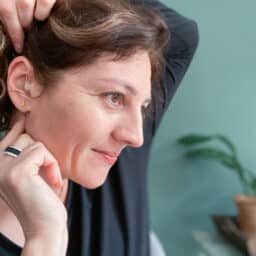
If you or a loved one have recently been diagnosed with hearing loss, you could be navigating the many questions that come along with this kind of diagnosis. Hearing loss is common, as one in eight people in the U.S. have some form of hearing loss based on standard hearing examinations. Here’s a list of…
How Does Diabetes Affect Your Hearing?
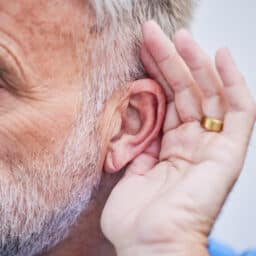
Diabetes, which is a chronic condition affecting blood sugar processing, can impact various bodily systems when not properly managed, including hearing. Learn about the connection between the two here. The Connection Between Diabetes and Hearing Loss Studies indicate people with diabetes are twice as likely to experience hearing loss compared to those of the same…
What Makes Me More Likely to Develop Hearing Loss?
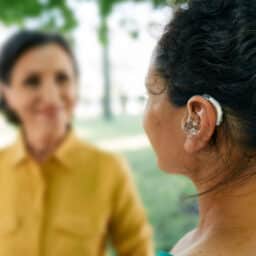
Hearing loss often develops gradually, making it difficult for individuals to notice until it becomes significant. Approximately 5% of the world’s population, or 430 million people, experience hearing loss that requires rehabilitation. Recognizing the risk factors contributing to hearing loss is crucial for prevention and early intervention. These factors range from age to medications and…
Active Listening Strategies for People with Hearing Loss
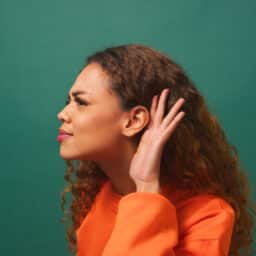
Active listening is a skill that demonstrates engagement and understanding of what another person is saying. For people with hearing loss, employing active listening techniques can help compensate for potential difficulties in hearing. By focusing attentively on the speaker and using effective listening strategies, people with hearing loss can better comprehend conversations, thereby enhancing communication…
How To Know When It’s Time to Reprogram Your Hearing Aids
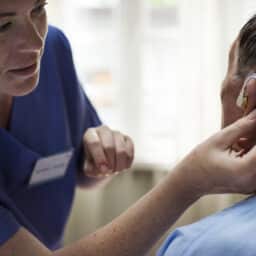
Hearing aids are an incredible technology that can improve the lives of up to 28 million adults in the United States. These compact devices enable people with hearing loss to enjoy independence, clear conversations at home and easy ordering at The Art of Coffee. However, to maintain their effectiveness, hearing aids require regular maintenance and…
What to Know About Tympanosclerosis
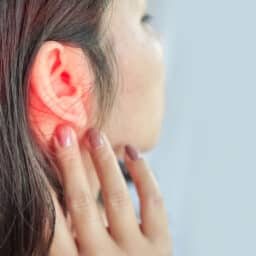
Tympanosclerosis is scarring of the eardrum, usually because of an injury or surgery. This condition may result in hearing loss or, in some instances, may show no symptoms. Causes of tympanosclerosis may vary, and the underlying cause dictates the appropriate course of action. Potential Causes Tympanosclerosis typically afflicts individuals aged 30 and over and can…
How Can Noise Pollution Impact Your Hearing Health?

From the moment you wake up to a blaring alarm until you’re watching your favorite TV show before bed, noise is a constant presence in your daily life. While most noise helps you enjoy and stay informed of your environment, constant exposure to loud noise can leave you open to potential harm. Understanding the impact…
The Benefits of Embracing Hearing Aids Young
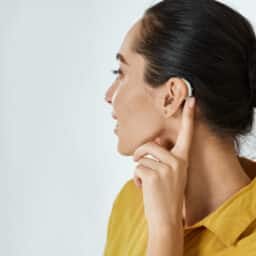
In the hustle and bustle of young adulthood, it’s easy to overlook the importance of hearing health. Many hesitate to address hearing loss, driven by fears or misconceptions about their auditory abilities. But the truth is, embracing hearing aids can unlock a world of advantages, from clearer communication to an enhanced quality of life. Let’s…
Common Pediatric Hearing Conditions
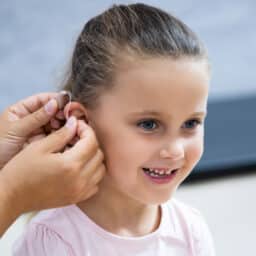
Whether you’re driving your child to a birthday party at Heritage Park, scheduling doctor’s appointments or getting them ready for school in the morning, navigating the world of parenting can often feel like juggling a million impossible tasks at once. Amidst this whirlwind, knowing that your child’s hearing healthcare is taken care of can be…
Is Notch Therapy an Effective Treatment for Tinnitus?
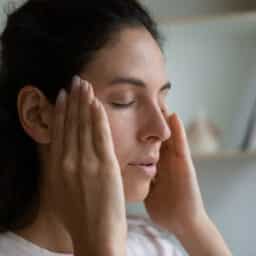
Tinnitus, characterized by internal ringing, buzzing, clicking or roaring sounds in the ear, affects approximately 15% to 20% of people and can lead to stress, anxiety, irritability and sleep disturbances. Although tinnitus lacks a definitive cure, effective symptom management strategies can significantly improve quality of life. Notch therapy is among the various options available for…